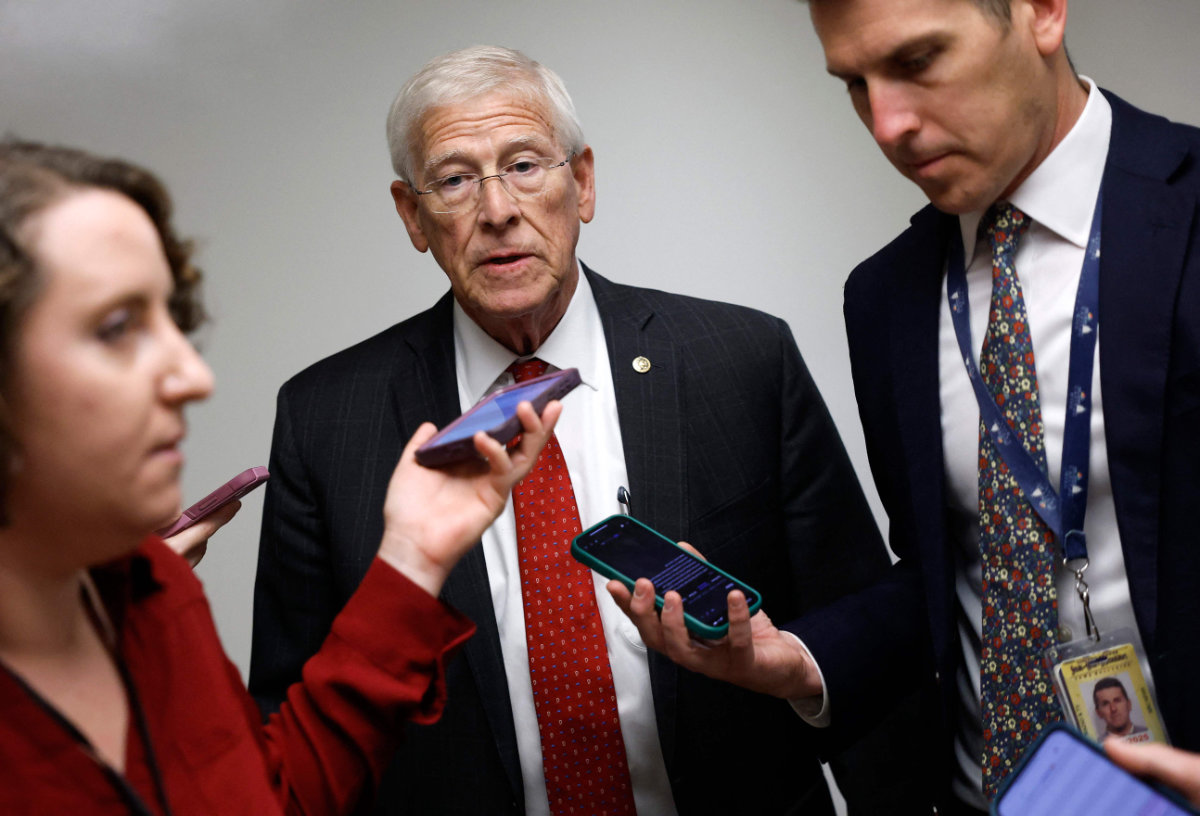SEOUL: Leaders from South Korea, China and Japan reaffirmed their goal of a denuclearised Korean peninsula Monday, during a rare summit at which they also agreed to deepen trade ties.
The summit brought together South Korean President Yoon Suk Yeol, Chinese Premier Li Qiang and Japanese Prime Minister Fumio Kishida in Seoul for the countries’ first trilateral talks in nearly five years, partly due to the pandemic but also to once-sour ties.
While North Korea was not officially on the agenda, hours before the leaders met Pyongyang announced that it would soon put another spy satellite into orbit — a move that violates rafts of UN sanctions barring it from tests using ballistic technology.
At a joint press conference, Yoon and Kishida urged North Korea to call off the launch, with the South Korean leader saying it would “undermine regional and global peace and stability.”
Yoon also called for a “decisive” international response if Kim went ahead with his fourth such launch — aided by what Seoul claims is Russian technical assistance in exchange for Kim sending Moscow arms for use in Ukraine.
But China, North Korea’s most important ally and economic benefactor, remained notably silent on the issue, with Premier Li not mentioning it during the briefing.
In a joint statement issued after the talks, the countries reaffirmed their commitment to the “denuclearization of the Korean Peninsula,” adding that peace “serves our common interest and is our common responsibility.”
North Korea hit back immediately, saying in a statement by a foreign ministry spokesperson that “to discuss the denuclearization of the Korean peninsula today constitutes a grave political provocation.”
Any talk of denuclearization would “violate the constitutional position of our country as a nuclear weapons state,” said the statement, carried by the official Korean Central News Agency.
“Such thing as ‘complete denuclearization of the Korean peninsula’ has already died out theoretically, practically and physically,” it added.
As a permanent member of the UN Security Council, China has previously condemned North Korea’s nuclear tests and supported sanctions aimed at curbing its weapons development.
In recent years, as China’s relations with the United States have deteriorated, it has increasingly obstructed Washington-led efforts to impose stricter sanctions on the North.
China has consistently supported calls for the denuclearization of the entire Korean peninsula.
South Korea does not have nuclear weapons, but is protected under the US nuclear umbrella, and Washington has deployed nuclear-armed submarines to the South in a show of force against the North.
In recent years, Beijing has blamed US-South Korea joint military drills for escalating regional tensions.
The press briefing in Seoul and the joint statement “clearly showed the difference of opinions” between the three countries, said Asan Institute research fellow Lee Dong-gyu.
Reaching a quick consensus on how to handle Kim Jong Un’s regime was always going to be difficult “because there have been differences in diplomatic and security positions in each country,” Lee said.
Even so, the fact that Seoul, Tokyo and Beijing are seeking to ramp up trilateral cooperation and boost economic ties is a good sign for future agreements on more difficult topics like Kim’s nukes.
“If the three countries do well in (economic cooperation), they can cooperate on security issues based on that foundation,” he added.
The three countries announced Monday that they would arrange “discussions for speeding up negotiations for a Trilateral FTA,” and boost three-way cooperation, including holding summits on a regular basis.
China’s Li also said they had agreed on not turning “economic and trade issues into political games or security matters, and rejecting protectionism as well as decoupling or the severing of supply chains,” Xinhua reported.
Li serves as premier under China’s top leader, President Xi Jinping.
After their talks, Yoon, Li and Kishida joined a business summit aimed at boosting trade between the countries, which was also attended by top industry leaders.
Nuclear-armed North Korea successfully launched its first reconnaissance satellite last November.
Seoul said on Friday that South Korean and US intelligence authorities were “closely monitoring and tracking” preparations for the another launch — which could come as early as Monday, according to the launch window Pyongyang gave to Tokyo.
A group of Russian engineers has entered North Korea to help with the launch preparations, Yonhap reported Sunday, citing a government official.
“North Korea might feel compelled to launch this satellite this week,” said Choi Gi-il, professor of military studies at Sangji University.
“One key factor will be the weather conditions for the launch.”





























